Related Projects
- NOVATERRA
- NoPEST
- PestNu
- Shield4Grape
- Cerberus
- PurPest
- SmartVitiNet
- SOSVITI
- EGEMAP
- WHEAT WATCHER
- VINNY
NOVATERRA is dedicated to ensuring food security and promoting access to healthy food for the growing population. Focusing on Mediterranean olive groves and vineyards through a series of case studies, the project aims to explore the possibility of maintaining current yields and quality in Europe and other regions while eliminating or significantly reducing the use of contentious plant protection products, commonly known as pesticides.
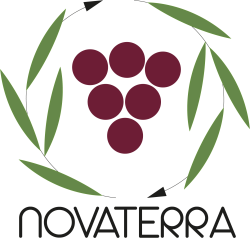
The NoPEST project, part of the FetOpen initiative, aims to combat oomycete infections in commercial crops by combining peptide aptamers and precision farming tools. These environmentally friendly solutions seek to address the current reliance on copper-based compounds, offering alternatives that minimize pollution, residual toxicity, and adverse health effects while reducing pesticide usage through innovative molecular and farming approaches.
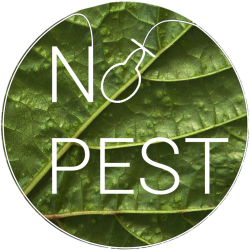
PestNu aims to transform agriculture through the integration of novel, digital, and space-based technologies (DST) with agro-ecological and organic practices (AOP) in a systemic approach. This approach aims to revolutionize circular economy food production, including aquaponics, hydroponic greenhouses, and open-field vegetable cultivation. By reducing reliance on hazardous pesticides and minimizing nutrient losses from fertilizers, PestNu strives for zero pollution of water, soil, and air while ultimately reducing fertilizer use.
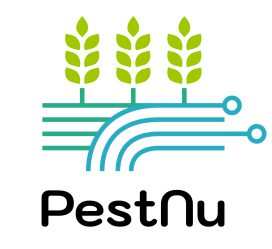
The EU-funded Horizon Europe project SHIELD4GRAPE (S4G) addresses the pressing issues of climate change and environmental degradation affecting Europe and the world. With the EU biodiversity strategy for 2030 as a guiding framework, S4G aims to preserve nature and reverse ecosystem degradation, particularly focusing on the viticulture sector. S4G adopts sustainable agroecological approaches to enhance viticulture’s resilience against pest diseases in the context of climate change.
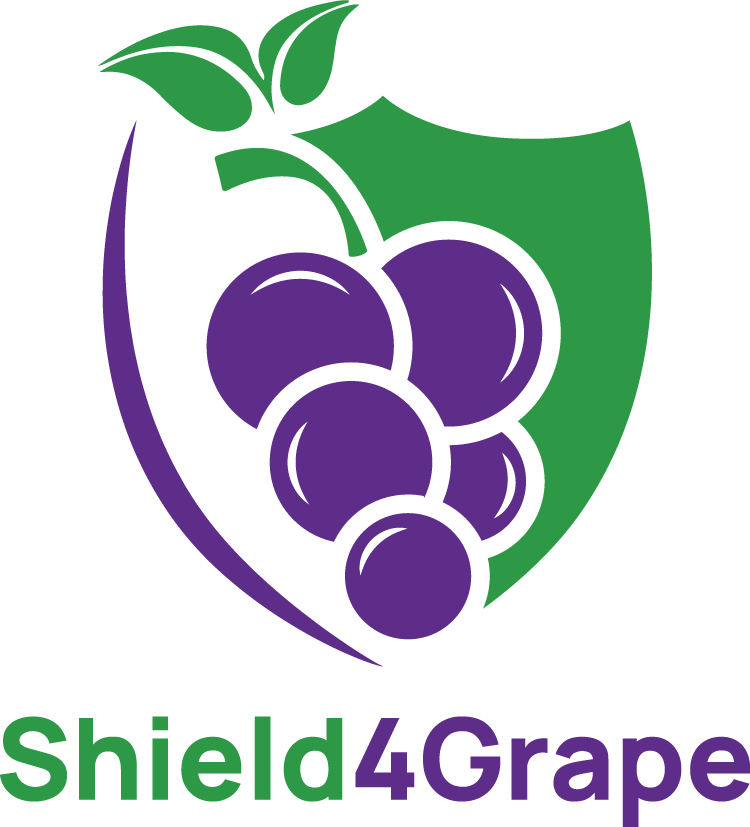
Cerberus aims to revolutionize pest monitoring with a multi-faceted approach, combining technology, citizen data, and AI algorithms. By providing early detection and targeted spraying recommendations, Cerberus aims to reduce pesticide use and sustainably manage pests in high-value crops across the Mediterranean basin. Cerberus will validate its methodology for three quarantine pests and three commonly managed pests across vineyards, orchards, and citrus plantations, promising to advance sustainable phytosanitary measures and crop protection policies.
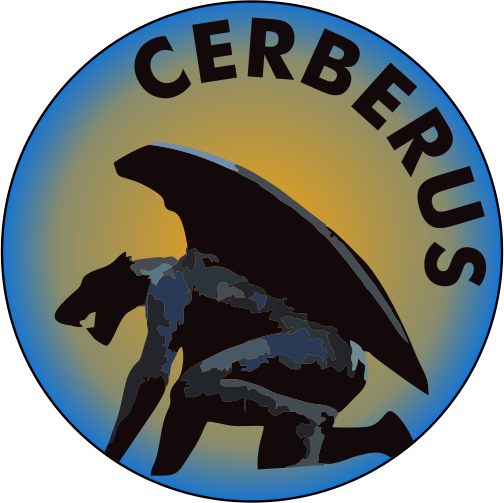
The EU project PurPest, running from January 2023 to December 2026 with a budget of €6.472 million, aims to develop a new sensor platform to rapidly detect and stop five different pests during import and in the field to reduce pesticide use by at least 50%. The sensor concept is based on detection of pest-specific volatile organic compounds (VOCs) emitted by host plants invaded by one or several pests. PurPest will determine the VOC signature of plants attacked by Phytophthora ramorum, Spodoptera frugiperda, Helicoverpa armigera, Halyomorpha halys and Bursaphelenchus xylophilus under different abiotic stress conditions. Coordinated by the Norwegian Institute of Bioeconomy Research (NIBIO), this project is an international collaboration among 18 institutions from 11 European countries.
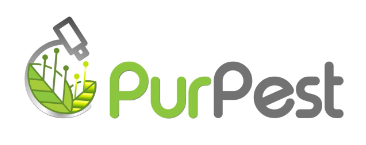
SmartVitiNet (Smart and Sustainable Drone-Assisted Viticulture Excellence Network) is an EU-funded project, aiming to transform viticulture through precision agriculture. By combining cutting-edge technologies such as drones, sensors, and an online training competence centre, SmartVitiNet supports sustainable practices and strengthens the competitiveness of the viticulture sector.

SOSVITI (Sustainable Soil Management Decision Support System in Viticulture) project is dedicated to transforming vineyard sustainability by tackling one of agriculture’s greatest challenges: soil degradation. SOSVITI is co-funded by the HORIZON-MSCA Staff Exchanges programme.
This project brings together scientific research, stakeholder engagement, and cutting-edge technology to develop an innovative Decision Support System (DSS) tailored for viticulture. By integrating AI, big data analytics, and satellite monitoring with fieldwork and process-based models, we aim to provide vineyard managers with precise tools to mitigate soil erosion, enhance soil health, and promote sustainable farming practices.
Beyond technology, SOSVITI recognizes the importance of social and economic factors in sustainable viticulture and actively engages with vineyard stakeholders, addressing barriers such as cost, knowledge gaps, and gender disparities in agriculture. Thus, the project’s multidisciplinary approach ensures that sustainability is not just an ideal but a practical, scalable solution for the future of European viticulture.
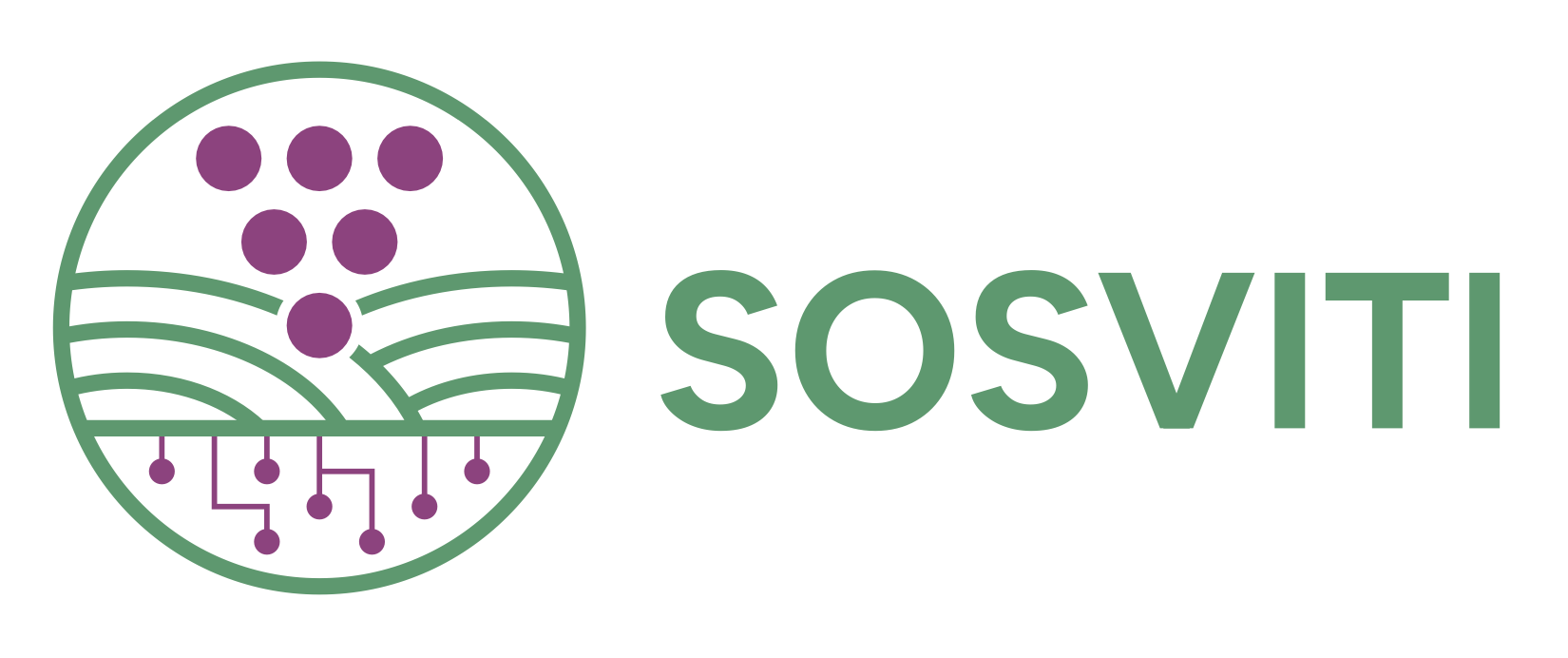
The EGEMAP (Environmental Geography and Mapping) group, based at the University of Granada, is a multidisciplinary team dedicated to advancing research and innovation in environmental geography. Supported by the RNM-197 research group (Gestión y Tecnología Ambiental), DaSCI (the Data Science and Computational Intelligence Institute), and the Department of Regional Geographical Analysis and Physical Geography, EGEMAP brings together expertise in geography, environmental science, and data analysis. The group is particularly relevant to viticulture, as their research addresses the critical issue of land degradation in vineyard landscapes. By investigating eco-geomorphological processes, soil health, and the impacts of human activity, EGEMAP develops applied solutions aimed at reducing soil degradation and supporting sustainable vineyard management. Their integrated approach, which combines field research and stakeholder engagement, contributes to maintaining ecosystem services and enhancing the long-term viability and quality of vineyard production.
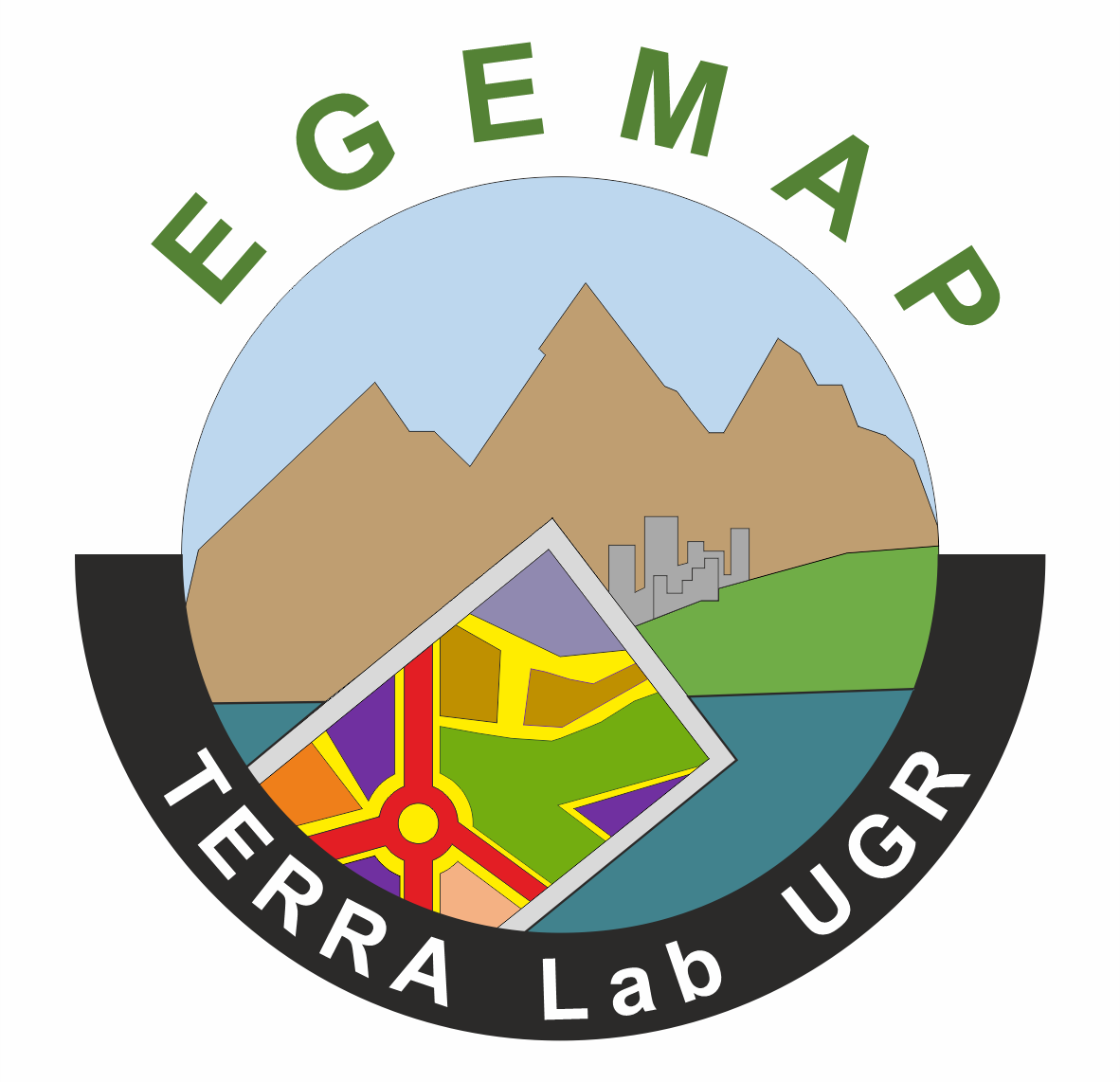
WHEATWATCHER develops a comprehensive digital soil monitoring system to support sustainable wheat production across Europe. By integrating advanced sensor technologies, machine learning, and stakeholder-driven solutions, the project enhances soil and plant health monitoring from early growth to flour production. Its holistic approach promotes traceability, environmental sustainability, and informed decision-making—aligning closely with SafeWax’s mission to advance resilient and eco-friendly crop protection strategies.
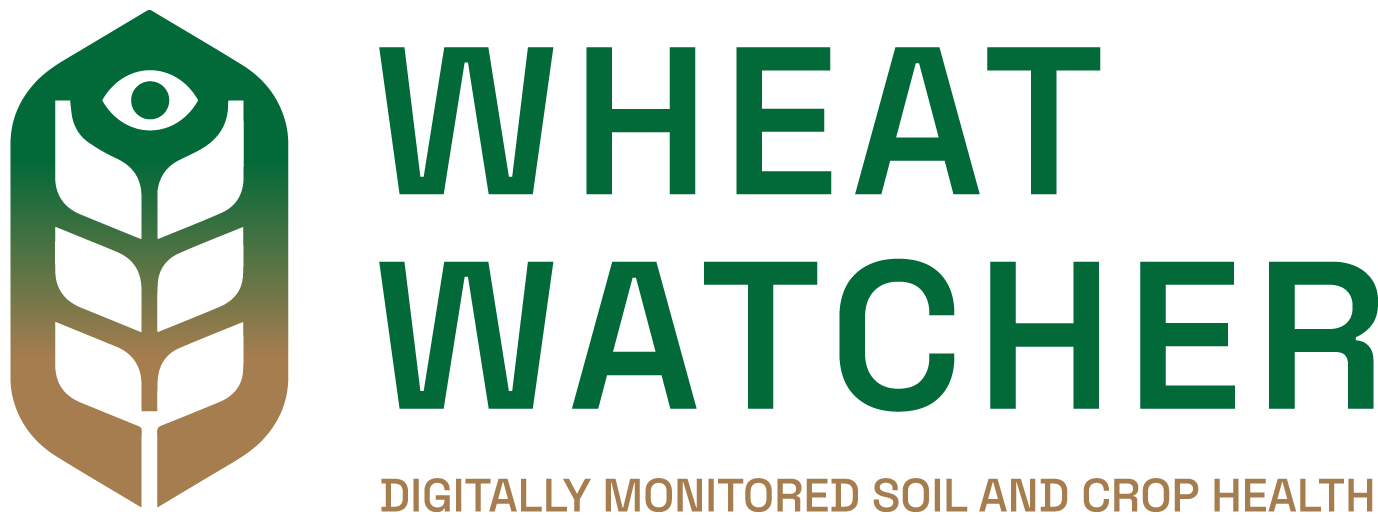
VINNY is a 4-year EU-funded project dedicated to transforming viticulture into a fully sustainable practice. By developing eco-friendly nanobiopesticides and nanobiofertilizers derived from grapevines and organic industrial by-products, VINNY aims to reduce agrochemical use and promote healthier soils. The project employs nanoencapsulation techniques to enhance the effectiveness and controlled release of these bio-based solutions. Field validations across diverse European vineyards ensure practical applicability, aligning with SafeWax’s mission to promote environmentally responsible crop protection strategies.






